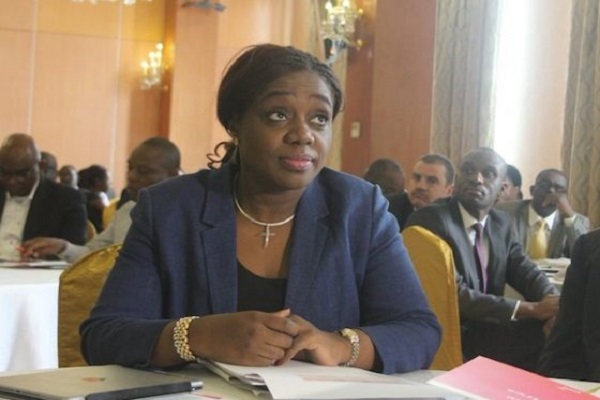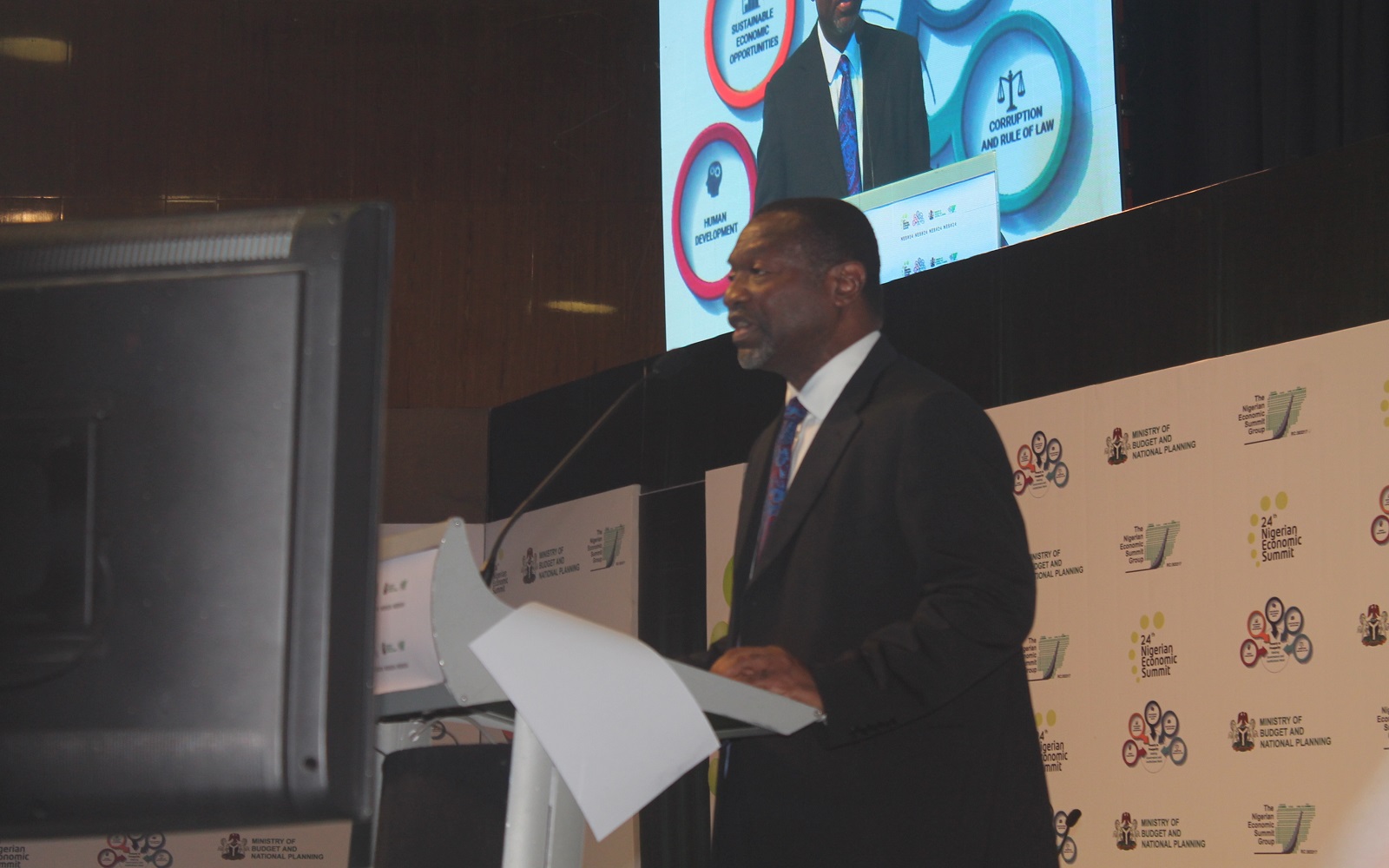Minister of Finance Kemi Adeosun has stated that total capital expenditure by the Federal Government will hit N400 billion by next week. Members of the National Assembly had recently summoned Adeosun and the Minister for Budget and Planning Senator Udo Udoma over the slow pace of budget execution.
During the proceedings Mrs Adeosun stated that the government had so far released N341 billion as capital expenditure. She also stated that proceeds from the N100 billlion Sukuk bond raise would be released to the Ministry of Works next week Thursday. In addition, Adeosun also made mention that capital projects for 2017 would be rolled over to next year.
Vice President Yemi Osinbanjo had in June signed into law the 2017 budget amounting to N7.2 trillion. N2.1 trillion has been earmarked as capital expenditure. Budgets are divided into capital expenditure and recurrent expenditure Capital expenditure are one time expenses on new projects. Recurrent expenditure is money on annual basis such as salaries.
Why has capital expenditure been so poor ?
Government revenue is largely dependent on crude oil earnings. Revenue from crude oil fell last year due to a drop in crude oil prices and production volumes. The greater proportion of federal budgets is spent on recurrent expenditure, so a shortage of funds has led the government to concentrate its efforts on recurrent expenditure. The late passage of the budget also means that contract processes are delayed. Ministries, Departments and Agencies of government thus tend to focus efforts on recurrent expenditure.
Budget planning has also been poor in the country, with ministers and senior civil servants preferring to execute new projects than completing existing ones. Poor planning has often led to the government making unrealistic budget estimates, which it is unable to fund, leading to abandoned projects.





















